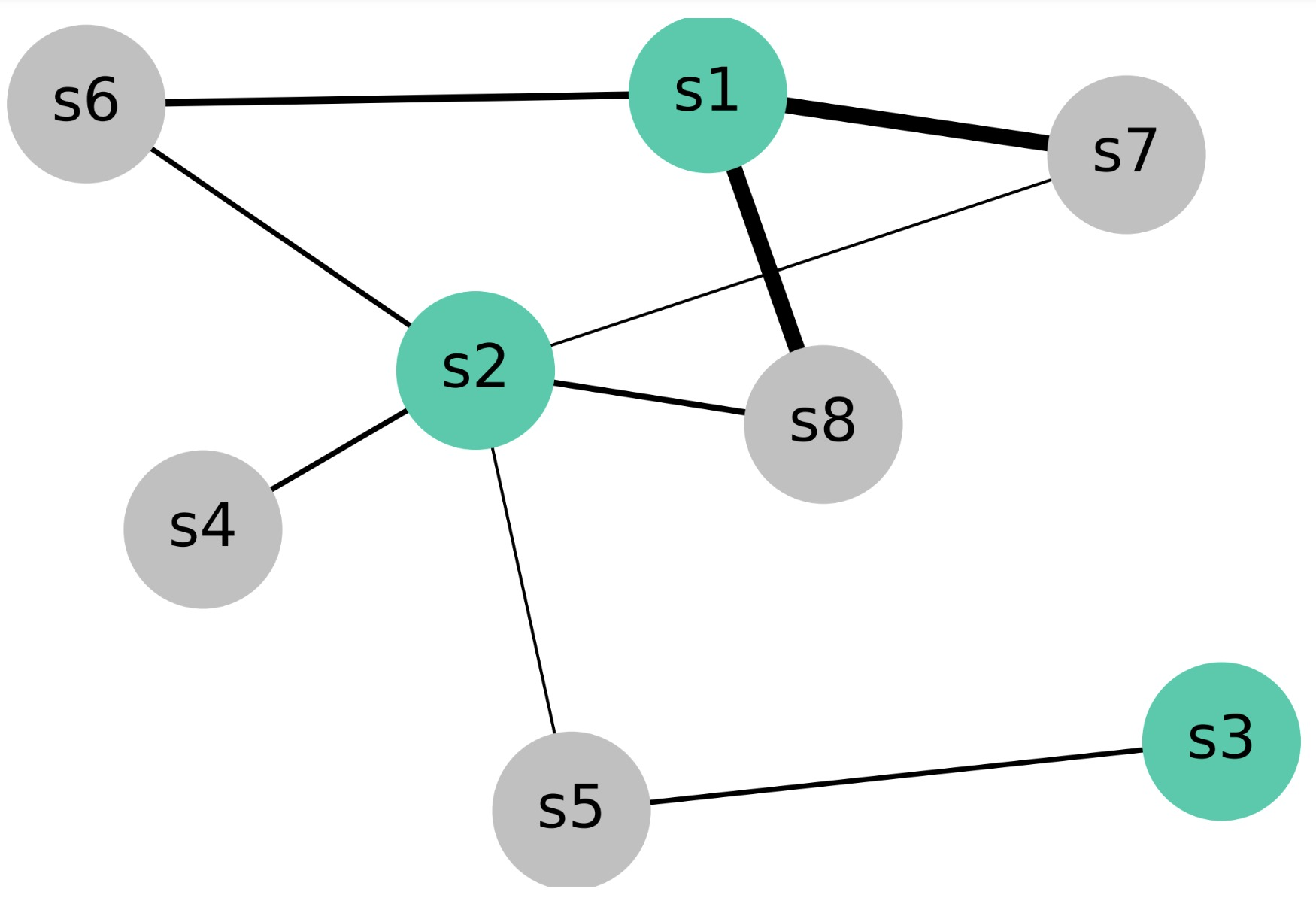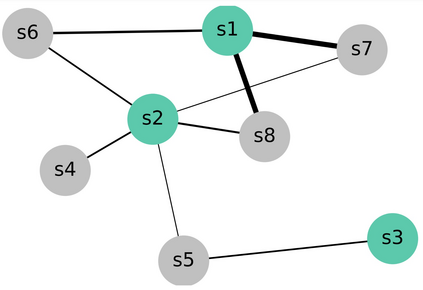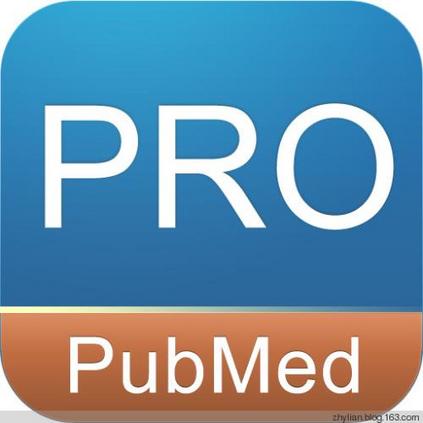Many scientific papers such as those in arXiv and PubMed data collections have abstracts with varying lengths of 50-1000 words and average length of approximately 200 words, where longer abstracts typically convey more information about the source paper. Up to recently, scientific summarization research has typically focused on generating short, abstract-like summaries following the existing datasets used for scientific summarization. In domains where the source text is relatively long-form, such as in scientific documents, such summary is not able to go beyond the general and coarse overview and provide salient information from the source document. The recent interest to tackle this problem motivated curation of scientific datasets, arXiv-Long and PubMed-Long, containing human-written summaries of 400-600 words, hence, providing a venue for research in generating long/extended summaries. Extended summaries facilitate a faster read while providing details beyond coarse information. In this paper, we propose TSTR, an extractive summarizer that utilizes the introductory information of documents as pointers to their salient information. The evaluations on two existing large-scale extended summarization datasets indicate statistically significant improvement in terms of Rouge and average Rouge (F1) scores (except in one case) as compared to strong baselines and state-of-the-art. Comprehensive human evaluations favor our generated extended summaries in terms of cohesion and completeness.
翻译:许多科学论文,如ArXiv和PubMed数据收集的论文,摘要的长度各不相同,有50-1000字,平均长度约为200字,较长的摘要通常能传达有关源文件的更多信息。直到最近,科学总和研究通常侧重于根据用于科学总结的现有数据集编写简短的、抽象的概要。在源文本形式相对较长的领域,如科学文件中,这种摘要不能超越一般性和粗略的概览,提供源文件的突出信息。最近对解决这一问题的兴趣是,科学数据集、ArXiv-Long和PubMed-Long的整理,其中载有400-600字的人类编写的摘要,因此,为研究提供场所,以产生长/长摘要。扩展摘要有助于更快阅读,同时提供超出粗略信息范围的细节。在本文件中,我们建议利用文件的介绍性信息作为重点信息。最近对两个大规模大规模综合数据集、ArXiv-Long和PubMed-Long的整理,其中载有400-600字的人类编写的摘要摘要,因此,为研究提供了一个研究场所平均和全面数据格式的扩展性评估,表明一个统计数据的可靠程度。





